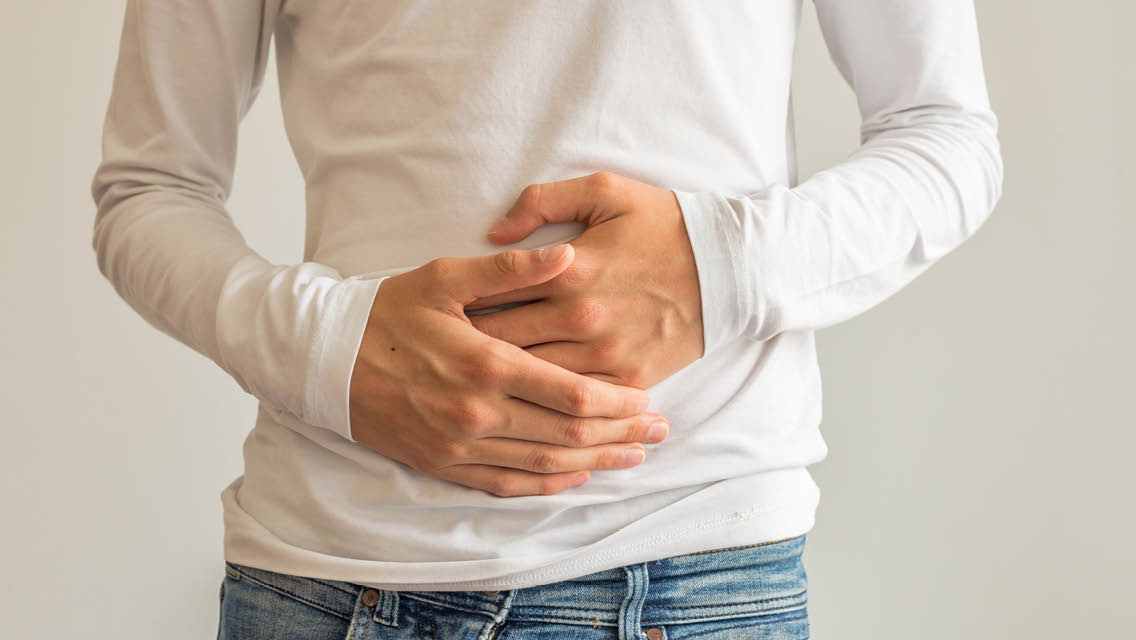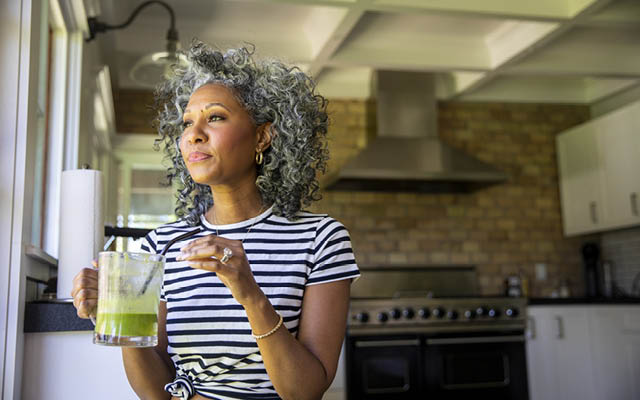We commemorate birthdays and weddings with cake and champagne. When someone dies, we leave casseroles and other ready-made meals on the doorstep of the grieving family’s home.
We do the same when someone is healing from an illness, or to welcome a new baby — or to mark dozens of other occasions, both happy and sad.
Food is connected to many of the most emotional moments of our lives. So in times of stress, fear, or uncertainty, it’s natural to gravitate toward food to soothe difficult feelings.
“I would argue that we all eat emotionally at times, and that it’s OK,” says nutrition therapist Heidi Schauster, MS, RDN, CEDRD-S, author of Nourish: How to Heal Your Relationship With Food, Body, and Self. “We celebrate happy events by sharing a meal with friends. We may want to crunch on something when we are feeling intense frustration. None of this is wrong; it’s just one way to deal with an emotional moment. It’s a choice.”
Too often, that choice is accompanied by feelings of shame, spurring a negative inner monologue that can be harmful to your relationship with food — and to your mental health.
“Anytime we feel guilt around emotional eating, we send the message to ourselves that food is bad and that we are ‘weak’ or ‘lack willpower’ because we ate something,” says psychologist and certified eating-disorder specialist Rachel Millner, PsyD, CEDS-S, CBTP. “But we want food to be seen as a way to nurture ourselves both emotionally and physically, not something that has any moral value to it.”
Not only is emotional eating not shameful — it actually serves an important purpose. “I want people to understand that emotional eating is natural,” says nutritional therapist Marc David, MA, author of The Slow Down Diet. “It’s genetic, and it’s biological. Your body is actually designed for it.”
Your Body Under Stress
There’s a physiological reason that we tend to reach for food when we’re experiencing intense emotions, and it has to do with the body’s stress response. “When your hypothalamic–pituitary–adrenal [or HPA] axis gets activated, your adrenal glands secrete hormones that lead to elevated cortisol and lowered insulin,” explains Pamela Ramos, MD, a psychiatrist who specializes in eating disorders.
“The cortisol then releases sugars and fats from your cell storages into your bloodstream, and your brain gets the message that the cells are depleted and that you need more fuel to compensate.” That may partly explain why we crave sweet or salty foods in times of stress: The carbs and sugar deliver a quick hit of energy to replenish your cell storage.
There’s also the endorphin release that comes with eating something hyperpalatable, Ramos adds. “So not only do you physically feel more energetic, but mentally, you might feel calmer or happier.”
Eating can also temporarily relieve stress, fear, or other heightened emotions because of what happens afterward. “The body needs to be in a state of relaxation in order to digest,” David explains. “So physiologically, the act of eating — especially food that we find interesting or pleasurable — can make you feel more relaxed.”
This may be especially true for people who are dieting or otherwise restricting food. “I find that not eating enough during the day may set someone up for eating when emotionally dysregulated,” says Schauster. “Chronic dieters or those undereating on a regular basis may have a strong drive to eat when dealing with intense emotions.”
Our bodies have known this impulse since we were infants, when we first began equating food with comfort, closeness, and security. There’s nothing inherently wrong with eating to feel those things. The problem might be what often comes next: how we talk to ourselves about that behavior, and how we’re dealing with the emotions that compelled us to eat in the first place.
The Inner Monologue
The way we talk to ourselves about food matters. It can determine whether we feel pleasure or dread around mealtime, a distinction that has a direct effect on metabolism and digestion. (For more on mind–body digestion, see “13 Ways to Calm Your Mind and Boost Digestion”.)
It can also determine whether you feel truly satisfied by eating to cope with difficult feelings, or if emotional eating just gives rise to more shame.
“Our diet-oriented culture tells us that it’s ‘bad’ or ‘wrong’ to eat emotionally,” Schauster says. “Emotional eating itself is not as dangerous as those feelings of self-loathing that repeated episodes can bring up.”
Shame doesn’t just strip the pleasure from your meal: It also reinforces those diet-oriented messages and stokes anxiety around eating and body image, which can set you up to experience a cycle of negative feelings anytime you reach for something to eat.
“When people feel shame about emotional eating, it’s usually due to fear of weight gain and categorizing food as ‘good’ or ‘bad,’” Millner explains. Instead of trying to avoid emotional eating, she suggests, we can work to address that internalized weight stigma.
Of course, that stigma runs deep, and addressing it means having to unlearn a lot of what our culture has taught us about food and our bodies. “When we eat and feel terrible about ourselves, that’s driven by a false belief that food is the enemy,” David says. “And that’s driven by a false belief that your body isn’t lovable and it isn’t good enough as it is. We really have to let go of that toxic messaging and learn to see the world through different eyes.”
Intentionally forming a new perspective on emotional eating — one that counters the mainstream approach, no less — is easier said than done. It starts with truly believing in your body’s wisdom.
“People need full permission to eat emotionally as often as they need to,” Millner explains. “Our bodies do a great job telling us what they need. Our job is to listen.”
What’s Underneath
Ultimately, emotional eating is about choice: If you’re making the decision to comfort yourself with food, then food might actually comfort you. But if you’re eating reactively, impulsively, or mindlessly, you may just be trying to avoid the feeling underneath the urge.
“Eating can be an effective temporary coping mechanism, but it doesn’t really manage the stressor,” says Ramos. “It either avoids the stressor or it manages the feeling that comes with it.”
That’s fine if the stressor itself is temporary, but if you find yourself frequently turning to food to cope with difficult feelings, you might consider investigating those emotions and their origins — and whether or not you truly feel satisfied by eating to address them.
“There’s nothing wrong with the choice to eat in any given moment, but it may not be the most effective way to get your need met,” Schauster says. “If you’re feeling lonely and find yourself eating in response, identifying that feeling rather than numbing out might offer you a better way to meet that need.”
Bringing more mindfulness to the table can help you eat with the intention to nourish your body rather than to suppress what you’re feeling, which is a common impulse when coping with especially heightened emotions.
“Instead of checking out, check in,” David advises. “Intervene with consciousness. Eat with pleasure. Taste the food. Enjoy it. Become a person who eats with emotion by actually giving yourself that experience rather than fighting it.” (For more on mindful eating, see “Eating For Pleasure”.)
Over time, this approach might allow you to choose emotional eating when it will serve you, rather than letting it choose you — and to consider whether you need additional support. “I think all coping is rooted in wisdom,” Millner says. “That said, we always want to have more than one tool in the toolbox for coping with emotions.”
If you frequently engage in negative self-talk around eating, or if your relationship with food feels out of balance, Schauster suggests consulting with a dietitian or mental-health clinician who specializes in disordered eating.
“That last designation is important,” she says. “Medical professionals who don’t understand disordered eating might be inclined to focus only on the eating behavior, and not the underlying triggers and vulnerabilities involved.”
This originally appeared as “On Food and Feedings” in the November 2020 print issue of Experience Life.




This Post Has 0 Comments